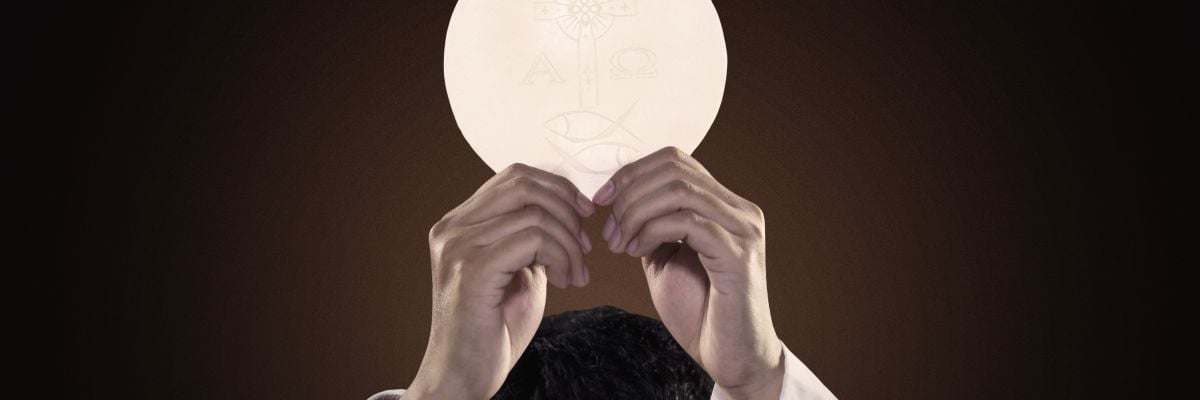
Question:
Answer:
First, share Catechism of the Catholic Church (CCC) 2181, which states,
The Sunday Eucharist is the foundation and confirmation of all Christian practice. For this reason the faithful are obliged to participate in the Eucharist on days of obligation, unless excused for a serious reason (for example, illness, the care of infants) or dispensed by their own pastor. Those who deliberately fail in this obligation commit a grave sin (emphasis added).
The next step is to share CCC 1385, which reads, “Anyone conscious of a grave sin must receive the sacrament of reconciliation before coming to Communion.” The Catechism bases this precept on St. Paul’s instruction to the Corinthians:
Whoever, therefore, eats the bread or drinks the cup of the Lord in an unworthy manner will be guilty of profaning the body and blood of the Lord. Let a man examine himself, and so eat of the bread and drink of the cup. For anyone who eats and drinks without discerning the body eats and drinks judgment upon himself (1 Cor. 11:27–29).
The last step is to take the above two principles and put them together, saying something along the lines of, “Since you’ve missed Sunday Mass without a serious reason, which is a grave sin, and Catholics who are conscious of grave sin must receive the sacrament of reconciliation before receiving Communion, it follows that you must receive the sacrament of reconciliation before receiving our Lord in Holy Communion.”
Whether your friend abides by this precept or not is beyond your control. But at least you can present the Church’s teaching and charitably invite your friend to abide by it.



